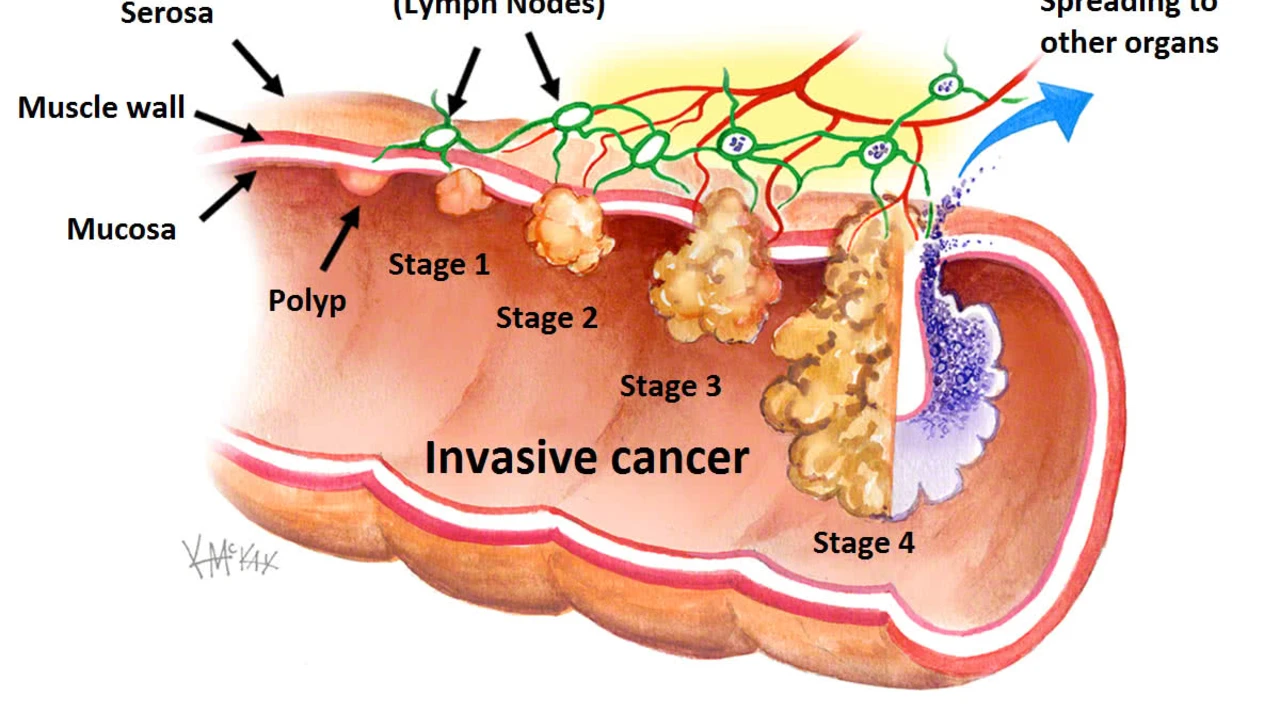Polyposis Management: Straightforward Care, Treatments, and Real Advice
If you’re dealing with polyposis, you probably just want answers that don’t drown you in medical jargon. Polyposis means you’re getting multiple polyps—whether in your colon, nose, or stomach—and while it can be overwhelming, you’ve got options that really make a difference. Management boils down to regular monitoring, knowing your treatment paths, and making smart choices about medications and lifestyle.
First off, don’t skip your check-ups. Polyps can turn into bigger problems if ignored, so doctors usually recommend routine screening. For most people, this means colonoscopies or other regular imaging. If you have a family history, ask your doctor how often you need tests—some folks start as early as their thirties. The earlier you spot changes, the easier they are to treat.
When it comes to treatment, polyp removal is still the big move. Doctors use tools during a colonoscopy or endoscopy to snip out polyps, often painlessly and in a single visit. It's fast and nearly always done without major surgery. If you’ve got nasal or gastric polyps, removal procedures are a bit different, but the principle’s the same: get them out, then test what they are so you know what you’re dealing with.
Medications have their place too. If your polyps keep coming back, or you have a genetic syndrome like FAP (familial adenomatous polyposis), your healthcare team may suggest medicines. For gut polyposis, some use NSAIDs like sulindac or COX-2 inhibitors, which studies show can shrink or slow new growths—though you need close monitoring for side effects. For nasal polyposis, topical steroids in sprays or drops cut down swelling and stop regrowth for many people. If these don’t work, newer biologics (like dupilumab) can be a game changer, but these are usually for tough cases.
Don’t overlook the power of lifestyle tweaks either. Eating more fiber—think fruits, veggies, whole grains—helps lower your risk of new polyps, while cutting back on red meat and alcohol is strongly recommended by clinical guidelines. Smoking is a known risk, so quitting is one of the best moves for your health all around.
Wondering about supplements or alternative therapies? While antioxidants and probiotics sound promising on paper, the evidence for preventing or shrinking polyps is shaky. If you’re tempted, check with your doctor—some supplements can mess with prescribed meds or even raise your risk.
Managing polyposis isn’t usually a one-and-done fix. Plan on routine follow-ups, honest talks with your doctor, and being proactive about your health. Track your symptoms, know your family history, and don’t brush off unusual changes or new symptoms. Small steps pay off, and the right plan keeps you in control.
If you want straight-talking info about meds, side effects, or what to expect after a polyp removal, explore detailed guides and real-world advice right here at BMPHARMACY.COM. We keep things clear, practical, and focused on making your next step as easy as possible.
Prophylactic Surgery for Polyposis Syndromes: A Comprehensive Guide
Understanding the role of prophylactic surgery in the management of polyposis syndromes is vital for prevention and early intervention. This comprehensive guide delves into the different types of polyposis, the indications for surgery, and the intricate decision-making process involved. It also explores alternative treatments and post-surgery lifestyles, providing a thorough insight into navigating this complex area of healthcare.
